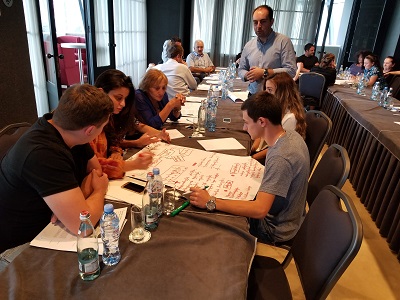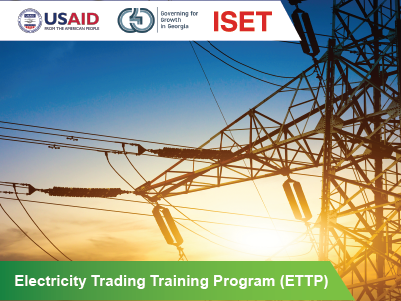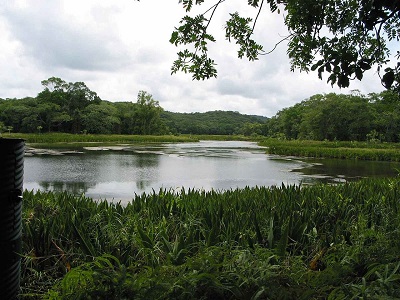Training in Value Chain Analysis for Social Enterprises
- Details

September 17-18 2018, the APRC’s Rati Kochlamazashvili and Pati Mamardashvili conducted a training exercise for Civil Society Organizations (CSO) running Social Enterprises (SE) in value chain analysis and development.
In the recent years, SE development in Georgia has been supported by various organizations, including the Europe Foundation (EPF). The biggest challenge of currently-operating SEs in Georgia is a lack of entrepreneurial thinking and related activities. This seriously hinders their development; most SEs continue to depend on external funding and are far from achieving long-term sustainability.
In the framework of the capacity-building program for SEs, the EPF contracted APRC researchers to conduct a two-day training program in value chain analysis. A total of 25 representatives of SEs operating in different sectors (agriculture, manufacturing, services) in Georgia attended the training, which was held at the Holiday Inn hotel in Tbilisi.
Electricity Trading Training Program
- Details

Georgia committed to harmonize its electricity market legislation with EU Third Energy Package and liberalize it according to the accession protocol with the Energy Community. These structural changes are expected to contribute to a more efficient functioning of the Georgian electricity market and to support its development. The hope is that this will enhance the enabling environment for hydropower (and, more generally, renewable energy sources) development, in line with the strategy of Government of Georgia (GoG) for the further development of the energy sector. The Electricity Trading Mechanism (ETM) will also enable neighboring countries to transit electricity through Georgia to Turkey and beyond.
Integrating Ecosystem Services into Local Development Planning
- Details

ISET Policy Institute collaborated with Gesellschaft für Internationale Zusammenarbeit (GIZ) starts a training course about integrating ecosystem services into local development planning.
Integrating Ecosystem Services into Local Development Planning is a piloting program which will be held for two local self-governing bodies – Akhmeta municipality and Dedoplistskaro municipality. The training consists of two modules: an introductory (3 full day training) and advanced (4 full day training) modules. Training program aims to improve the capacity of local authorities to identify and deal successfully with the trade-offs between social, economic, and environmental aspects arising from the implementation local development strategies.










